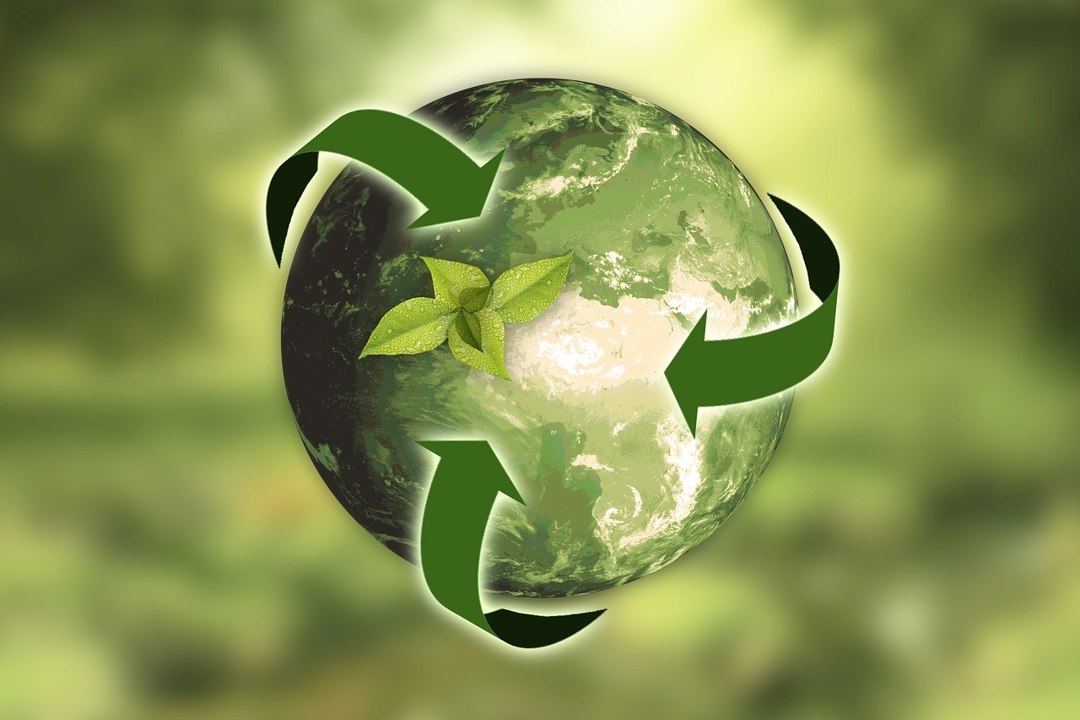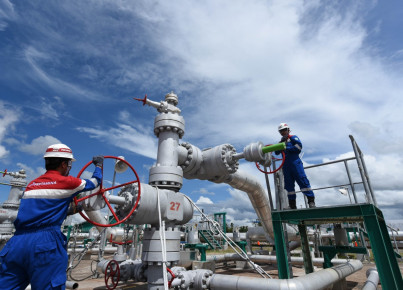The development model of Southeast Asia is preparing for the historic turning point of the circular economy. This is how the countries of the ASEAN bloc are moving to incentivize a system that will bring advantages on profits and the environment
Increase profits, reduce waste and save the world: these are the objectives of the circular economy, the economic system based on the concept of eco-sustainability and waste reduction, which could become the ace in the hole for Southeast Asian countries in the coming years.
In fact, the ASEAN countries have been affected for years by serious problems of pollution, waste of unused resources and the accumulation of plastic debris in the sea. Problems that ASEAN itself dealt with in a 2019 report entitled "Asean Framework of Action on Marine Debris", which lists the problems of the Asian region in terms of marine waste and possible environmental policies to be adopted to curb them.
According to the World Economic Forum, by 2050 an economy based on the consumerist model of "take, make, dispose" will no longer be sustainable and the circular economy could be the best tool to combat pollution and waste. The data show that only 20% of all materials produced globally are reused, while 80% are not recycled: today we can afford it, but tomorrow this will not be possible. Demographics are a further cause for concern in Southeast Asia: by 2050 the urban population will increase by over 260 million inhabitants and it is, therefore, necessary for these countries to start introducing environmental policies aimed at implementing, within companies, a circular economic structure that will allow an estimated 80 to 99% material recovery.
The countries of Southeast Asia are not only concerned about population growth but also about the damage caused by pollution and climate change, which could affect them deeply. According to the consulting firm Maplecroft, by 2050 the damage caused by climate change could result in a loss of 3% of the GDP of the Southeast Asia region, compared to an estimate of 1-2% for global GDP. In the report, two of the cities at particularly high risk are Jakarta and Manila: Indonesia and the Philippines- as reported by the 2015 research 'Plastic Waste Inputs from Land Into the Ocean' - are the second and third largest countries in the world in terms of production of plastic waste dispersed into the sea.
In order to combat pollution, Indonesia published a report at the beginning of the year conducted by the Ministry of National Development Planning analysing the potential effects of adopting a circular economy on five key sectors of the economy. The effects are twofold: on the one hand, an improvement in environmental conditions and, on the other hand, a considerable increase in profits. According to the report, in fact, by 2030 Indonesia could boost its economy by $45 billion</a, and create almost 4.5 million new jobs.
In 2020, another major project was set up to kick-start the green turn in Asia: the "Closing the Loop" project, supported by Japan and involving four cities in Malaysia, Indonesia, Thailand and Vietnam. The aim of the project is to create an organisational plan to combat plastic waste by identifying areas at risk in cities, where large amounts of plastic waste are most likely to form and accumulate so that municipal authorities can adopt circular economy strategies for waste management.
Despite the good intentions, probably dictated more by the possibility of GDP growth than by environmental reasons, the road for the Southeast Asian countries is still uphill and there are many measures that still need to be implemented by their respective governments.
Although Indonesia was joined by Vietnam, Singapore and the Philippines, which announced in 2021 that they intend to implement new green policies and ad hoc strategies to embark on the path towards the circular economy and its 5 Rs "reduce, reuse, recycle, regenerate and renew”, several risks remain for governments.
According to some experts, the biggest risk for Southeast Asian countries would be the lack of involvement of small and medium-sized enterprises (90% of registered companies in the region) in the ecological transition.
Even if it is theoretically easier for a small company to change its policies compared to a large company, the lack of adequate incentives and economic support to implement programmes focused on the circular economy risks leading many SMEs to abandon the green turn. A good solution to this problem has been implemented in Vietnam, where low-interest loans are offered to companies that want to develop carbon-neutral projects.
Numerous studies, especially those carried out by the Ellen-MacArthur Foundation for the past ten years on the circular economy, show that a change of direction in the countries of Southeast Asia is necessary because following a linear economy will no longer be sustainable in the near future.
The sooner measures are taken to bring about concrete changes in the environment, the sooner there is a better chance of achieving the results these countries have set for 2030 in terms of reducing pollution and plastic waste. All this together with a dual incentive for transition and economic growth.






